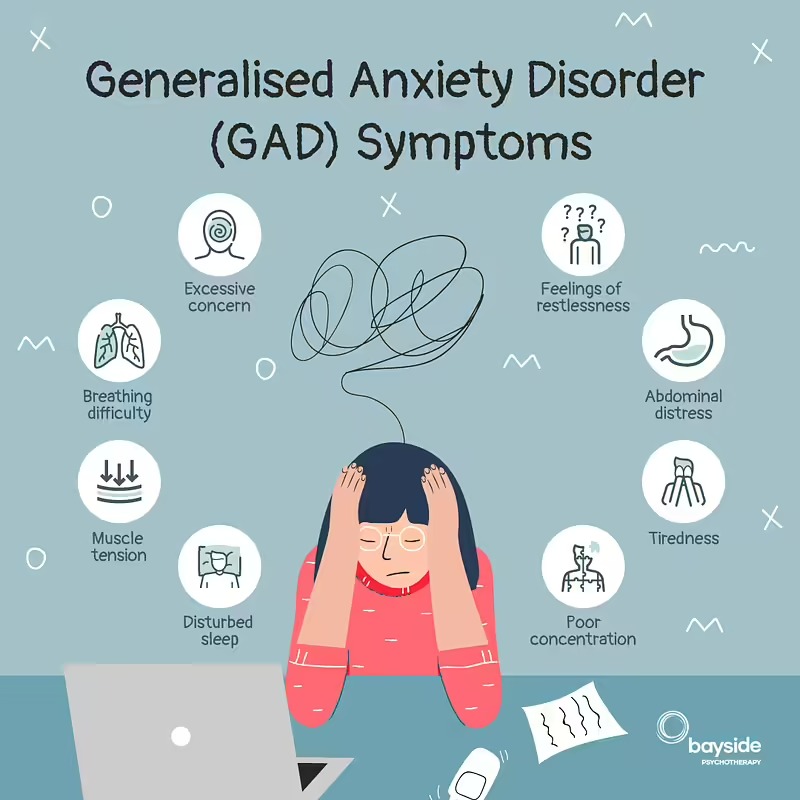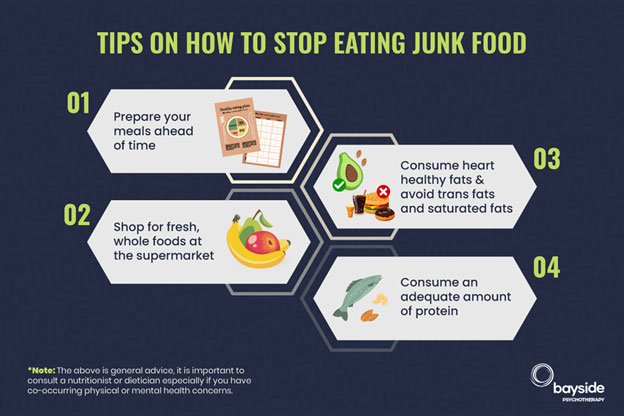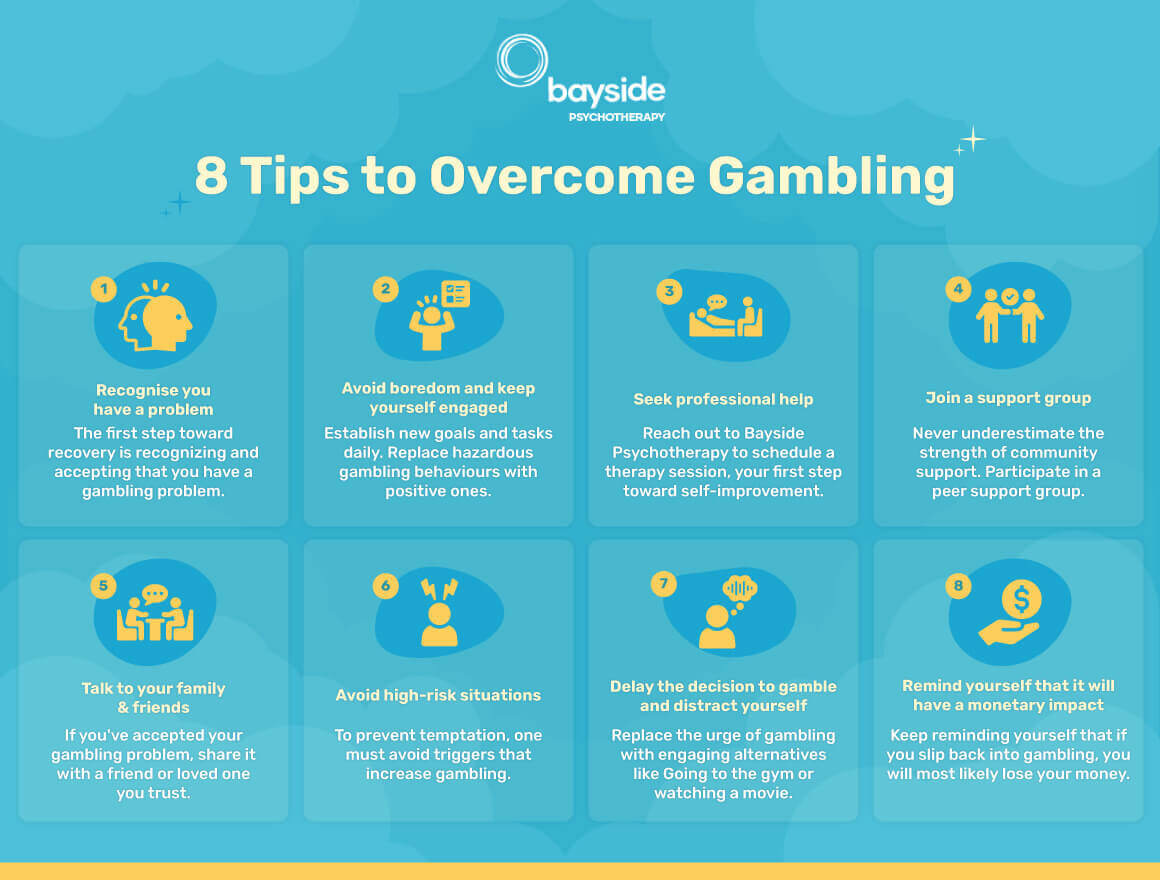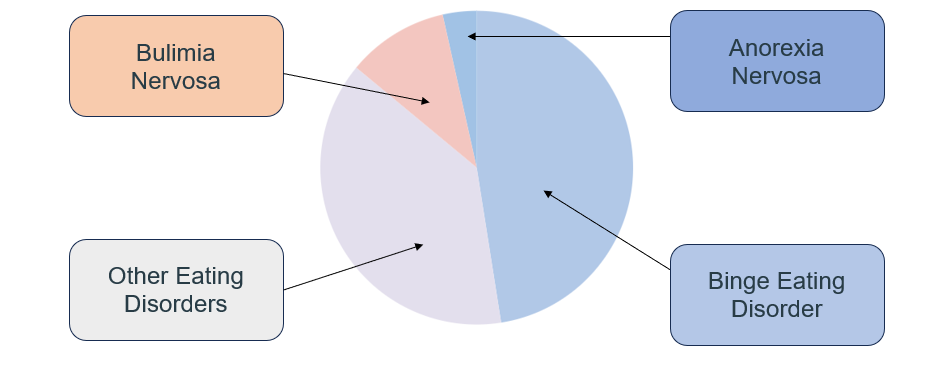Overcoming Binge Drinking – don’t wait for an alcohol related crisis
Hypnotherapy, mindfulness and psychotherapy … used together … help people overcome binge drinking …
Chronic alcohol abuse can lead to brain and liver functioning damage and contribute to mental health problems and problems with intimate and social relationships. It is a toxic drug which can increase the risk of cancer, cirrhosis of the liver, dementia and a dependence (NHMRC 2001). Alcohol is also suggestive of being associated with oral, throat and oesophageal cancer (AIHW 2005a). Despite our validating drinking culture, binge drinking is becoming a more frequent presentation in psychotherapy. Against the peer pressures linking alcohol to fitting in and belonging, more individuals are wanting change.Unfortunately many people wait until they experience an alcohol related crisis, such as a serious physical or mental illness, or relationship breakdown, to seek therapy. But some people are recognising the inherent dangers in binge drinking and are open to preventing future problems. Such individuals are usually open to varying levels of insight oriented therapy, which aims to explore the depths and causes, rather than merely scratching the surface of binge drinking.
Perhaps another cultural blindspot is out strong and impatient yearning for more stuff and quick fixes. This could be argued as a disease in itself on a social scale, one which separates individuals from communities and belonging for the false promise of happiness through having more. This point isn’t weather we want more money, more sex, more status, more alcohol, faster cars or briefer therapy.
Binge drinking clearly falls into the faster and more syndrome. It becomes like a bottomless hole that cant be filled. So for what purpose do people continue the cycle of binge drinking? In my experience it is not as clear cut as a craving or fitting in. The most common finding from my clinical experience over the past 10 years is people binge to avoid feeling. What feelings are avoided are fundamentally different for different people. During therapy as people discover greater self esteem and ways to reduce their intake, the blocked feelings surface and can be worked through within the safe space of therapy.
Hypnotherapy, mindfulness and psychotherapy are used together to help people who binge drink achieve greater self awareness and control over their habits. With a willingness to work through issues most people who were once binge drinkers feel so much better within themselves and less controlled by alcohol.
If you or someone you know is at risk of binge drinking or already has the habit ingrained, there is help available. Seeking help is a sign of courage and strength. Sessions are confidential and I am welcoming a limited number of new clients at this time for therapy, which includes psychotherapy, counselling, mindfulness and sometimes hypnotherapy.
Reference source http://abs.gov.au/ausstats/abs@.nsf/Lookup/4832.0.55.001main+features52007-08 [accessed 26/11/14]
Here are a couple of blogs written on this topic you might find useful:
Choosing the right therapist: The 5 mo...
Choosing the right therapist can be difficult. Different problems and diff.
Creating Healthier Workspaces: How str...
Employee mental health is pivotal to overall workplace wellbeing, impacting individual performance, job satisfaction, and organ.
From High Stakes to Healing: 8 Tips To...
Gambling activities have become more accessible and convenient due to the proliferation of casinos and the rapid growth of online gambling platforms. Mo.
An Examination of Bulimia Nervosa Amon...
Bulimia nervosa is a serious eating disorder that can significantly impact an individual's physical and psychological health. Characterised by recurrent.











